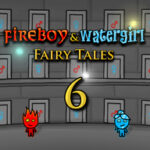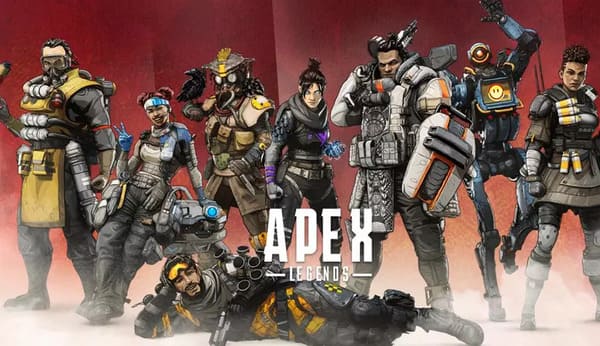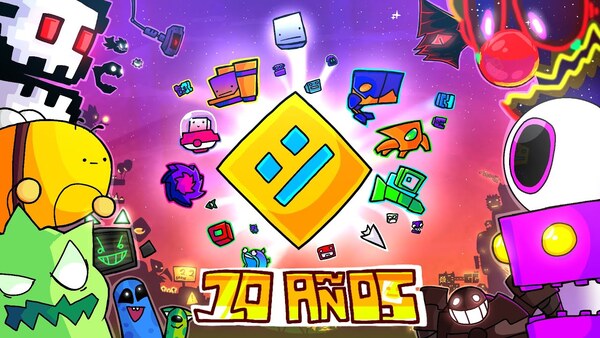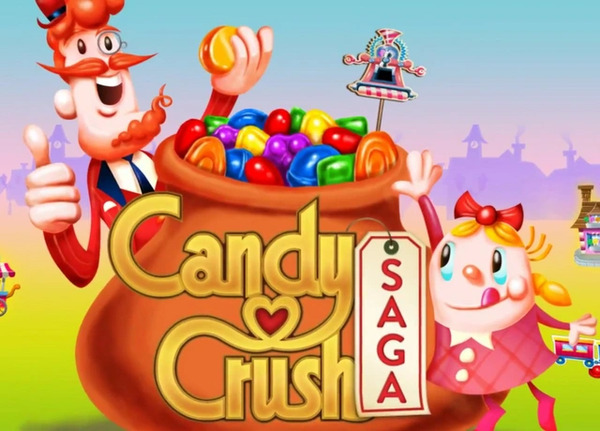Since its release in 2017 by Epic Games, Fortnite has become a cultural and gaming juggernaut. Known for its colorful graphics, innovative building mechanics, and dynamic content updates, Fortnite redefined the battle royale genre and attracted millions of players worldwide.
This article dives deep into Fortnite’s gameplay, building mechanics, game modes, evolving map, social features, esports scene, pros and cons, and its overall impact on modern gaming.
1. Core Gameplay and Battle Royale Format
Fast-Paced Survival
Fortnite pits up to 100 players in a last-man-standing battle royale on a large island. Players scavenge weapons, materials, and items to survive and outplay opponents.
Unique Building Mechanics
Unlike other battle royales, Fortnite lets players harvest resources and build structures on the fly, adding a creative and strategic layer to combat and defense.
2. Building and Editing
Harvesting Materials
Wood, brick, and metal can be collected from the environment, enabling players to build walls, ramps, floors, and roofs for cover or high ground advantage.
Editing Structures
Players can modify built structures quickly, allowing for dynamic gameplay, surprise attacks, and defensive maneuvers.
3. Maps and Updates
Ever-Changing Island
Fortnite’s map evolves with regular updates and seasonal events, introducing new locations, environmental hazards, and thematic changes.
Limited-Time Events
Epic Games frequently hosts special events, concerts, and crossovers, keeping the experience fresh and culturally relevant.
4. Game Modes and Social Features
Solo, Duo, and Squads
Players can compete alone or team up in duos and squads, with additional limited-time modes offering unique twists.
Creative Mode
Players can build their own worlds and mini-games using Fortnite’s versatile editor, fostering community creativity.
Party Hub and Socializing
Fortnite supports voice chat and party features, making it a social hub for friends to connect beyond the battle.
5. Cosmetics and Monetization
Skins and Emotes
Fortnite’s extensive cosmetic system allows players to customize characters with skins, back bling, pickaxes, gliders, and emotes—none of which affect gameplay balance.
Battle Pass System
Seasonal Battle Passes offer tiered rewards and incentives for playing regularly, balancing monetization with player value.
6. Competitive Play and Esports
Vibrant Esports Scene
Fortnite hosts major tournaments like the Fortnite World Cup, drawing elite players and massive audiences.
Skill and Strategy
Success requires mastering shooting, building, editing, and game sense, blending mechanical skill with tactical decision-making.
7. Visuals and Audio
Cartoonish and Colorful Graphics
Fortnite’s vibrant, stylized art style appeals broadly, standing out from realistic shooters.
Audio Cues
Directional sounds for footsteps, gunfire, and building provide crucial information for situational awareness.
8. Accessibility and Controls
Cross-Platform Play
Fortnite supports seamless play across PC, consoles, and mobile devices, with cross-play and cross-progression.
Customizable Controls
Players can customize key bindings and settings to suit different playstyles and hardware.
Conclusion
Fortnite’s blend of fast-paced battle royale action and creative building mechanics revolutionized the genre and captured a diverse audience worldwide. Its constant evolution through seasons and events, combined with a robust social and esports infrastructure, ensures it remains a dominant force in gaming.
While its complexity and pace may challenge newcomers, Fortnite rewards skill, creativity, and teamwork, offering a dynamic and engaging experience for millions of players.






























